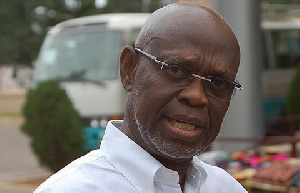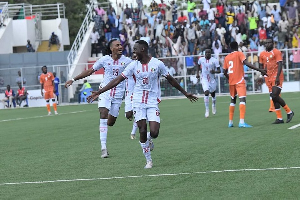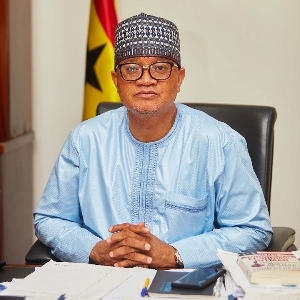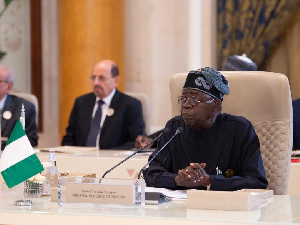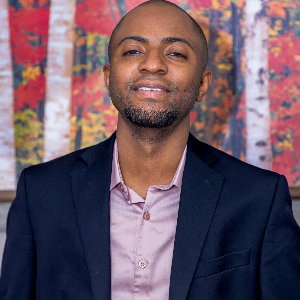A political science lecturer at KNUST, Dr Aminu Dramani has stated the recommendations of the 13-member Kwesi Botchwey committee will not entirely end the woes of the opposition National Democratic Congress (NDC) after its humiliating performance in the 2016 election.
Following the defeat to the governing New Patriotic Party (NPP), the NDC formed a 13-member committee to conduct a comprehensive review of its “planning, execution and outcomes” of campaign and participation in the election.
The committee’s work, according to the party, is to help it establish what went wrong in order to guide its activities moving into the future.
On Monday June 19, 2017, the committee led by former finance Minister, Kwesi Botchwey submitted to the hierarchy of the NDC a 455-page report capturing a series of diagnosis from its members nationwide on why it lost the 2016 polls.
Although, details of the report remain largely unknown, snippets of its recommendations leaked to the media pointed to disconnect between the party and its grassroots, urging reconnection.
Also, it recommended that a healing tour be embarked on by credible and eminent persons within the party.
Presenting the report, chairman of the committee, Professor Botchwey again tasked the party to restore the capacity and effectiveness of the party’s organs especially at the branch levels to reconnect to the grassroots.
But commenting on the report Monday June 19, 2017 on Starr Today, Dr. Dramani said the work of the 13-member committee may not end the controversies that rocked the opposition party following its defeat in the 2016 election.
According to him, the committee’s work addressed only part of the issues regarding why the party lost the 2016 election and that there are others unattended to.
He said as to whether members of the NDC will be satisfied “with it [the report] or willing to see it as reflecting the truth or reflecting the reality on the ground is yet another matter.”
“To me, it addresses part of the issues and some of the issues remain unaddressed. But of course, I don’t expect the committee to come out and state that ‘yes’ this person took money did not take money; I don’t expect that. But the point is that, that was an issue or among the issues that came up. What was the findings regarding that?” he queried.
Politics of Tuesday, 20 June 2017
Source: starrfmonline.com





